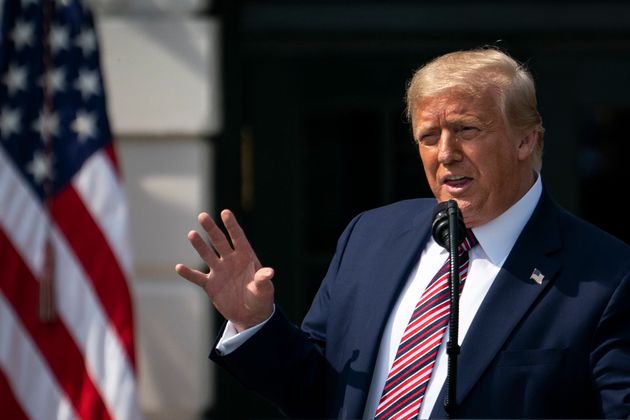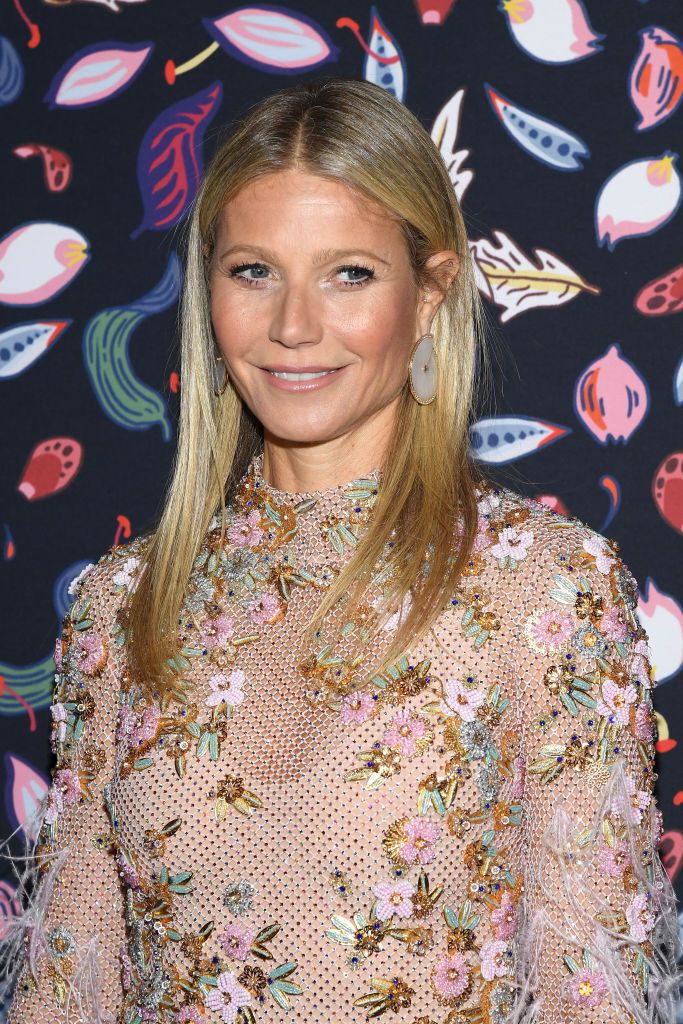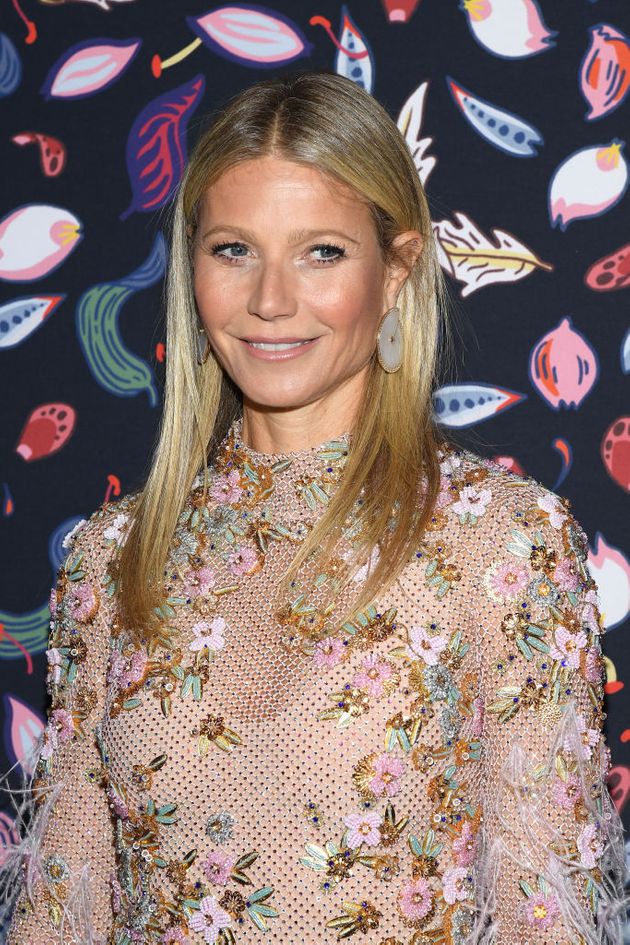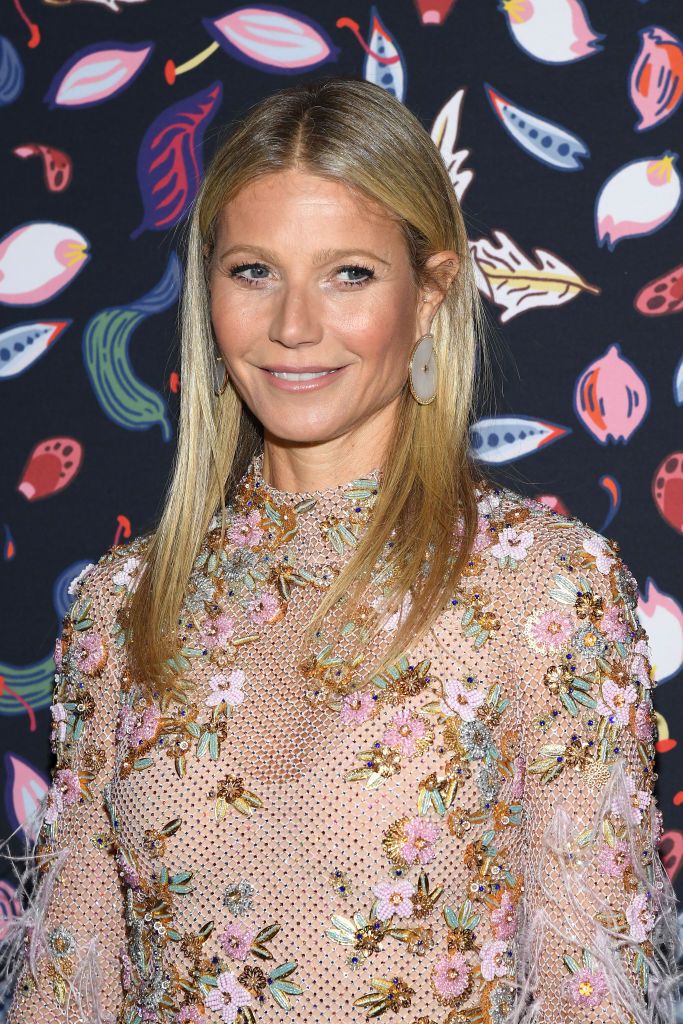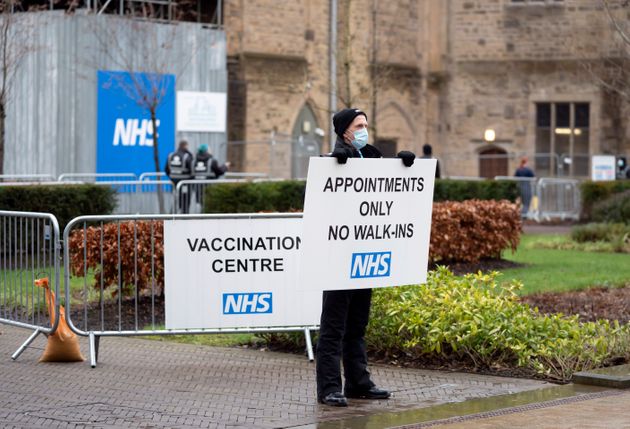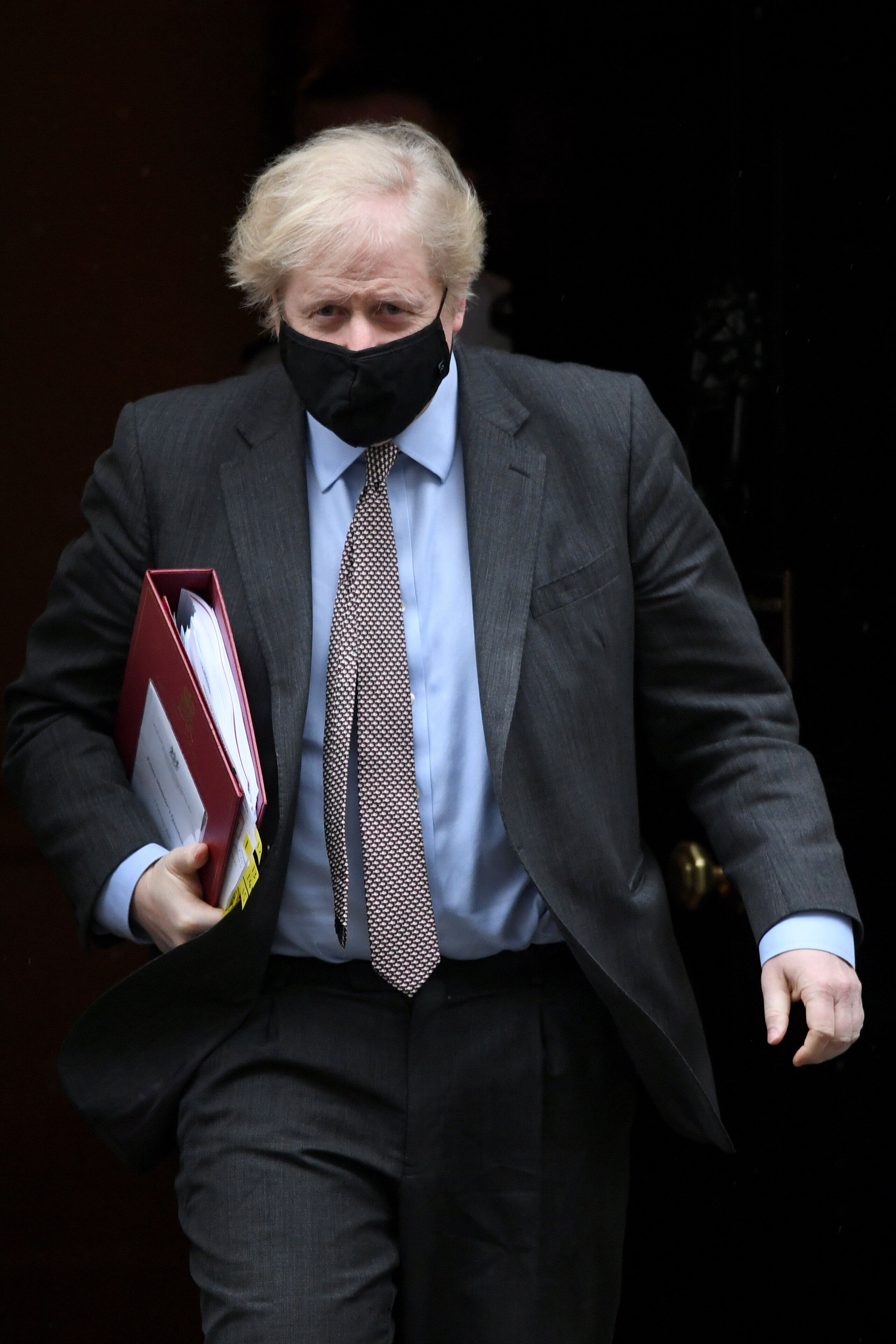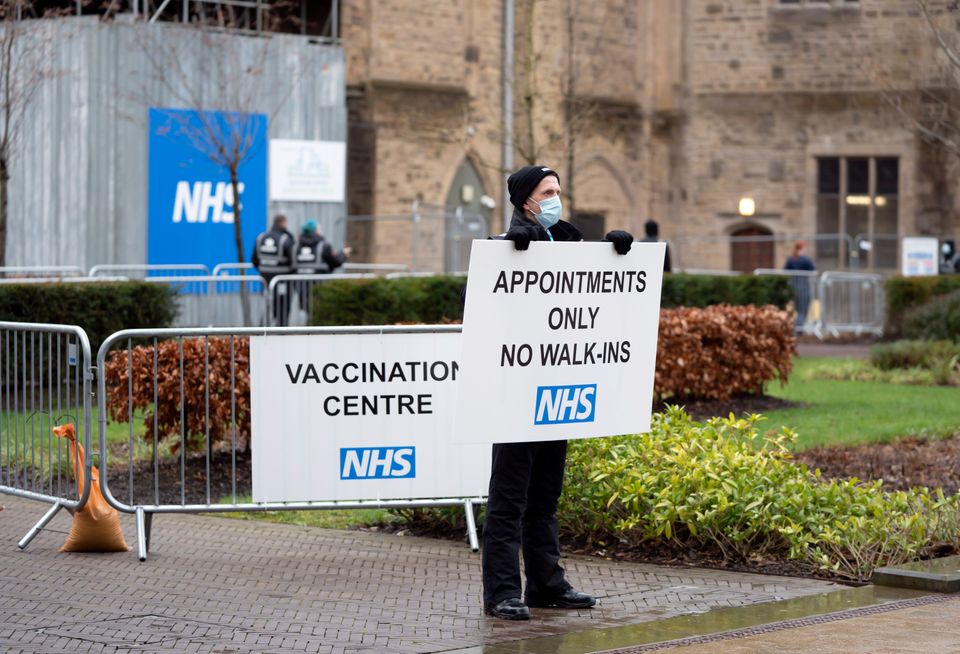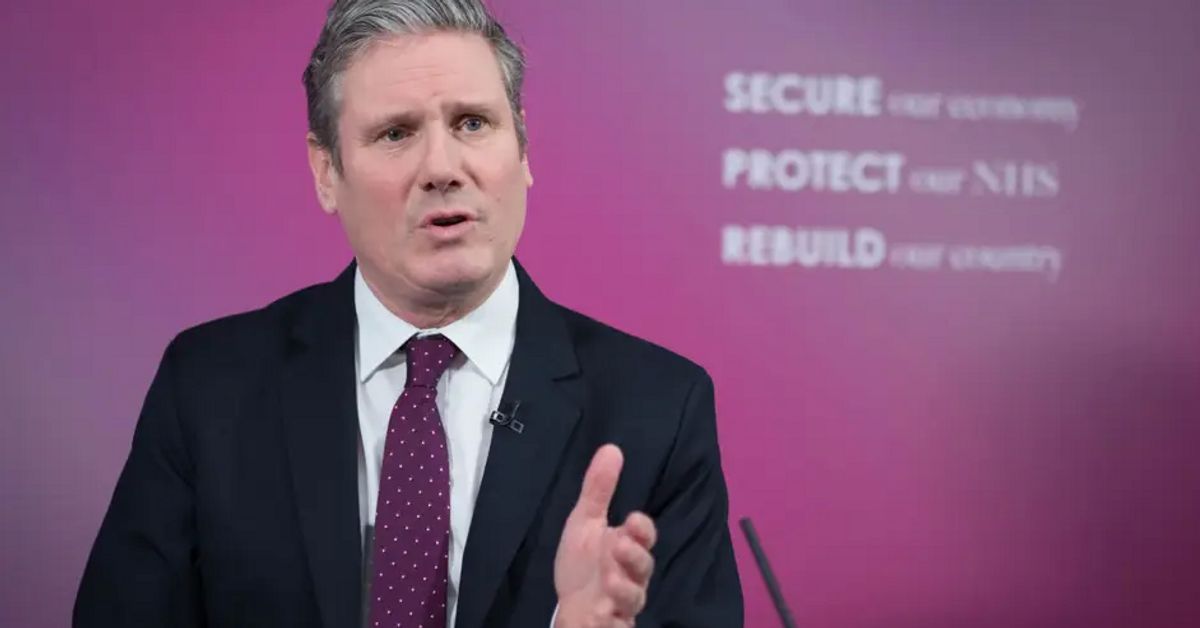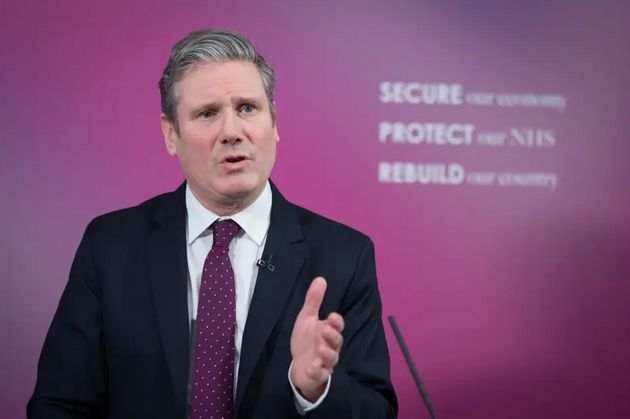Drew Angerer via Getty Images
The US hit a tragic anniversary Friday, exactly 12 months after then-president Donald Trump gloated that the nation was doing a “pretty good job” against the spread of Covid-19 and that the 15 reported cases would quickly be “down to close to zero.”
He declared the following day that “like a miracle, it will disappear.”
The US Covid-19 death toll has now surpassed 510,000, with cases in the country topping 28 million.
Donald Trump, one year ago today: “And again, when you have 15 people, and the 15 within a couple of days is going to be down to close to zero, that’s a pretty good job we’ve done…We’re going very substantially down, not up.” pic.twitter.com/Ax8vHY4OOG
— Josh Jordan (@NumbersMuncher) February 26, 2021
The New York Daily News used Trump’s quote on the front page when the US passed a half million Covid-19 deaths on Monday. “So Far From Zero” the headline said.
The day before Trump’s 2020 prediction, Dr Nancy Messonnier, director of the Centres for Disease Control and Prevention’s National Centre for Immunisation and Respiratory Diseases, warned: “We expect we will see community spread in this country. It’s not so much a question of if this will happen anymore but rather more a question of exactly when this will happen and how many people in this country will have severe illness.”
Trump threatened to fire Messonnier after her warning, The Wall Street Journal reported.
Yet Trump admitted to Washington Post journalist Bob Woodward weeks before he claimed Covid-19 would vanish that he knew it was far more dangerous than he had let on.
“You just breathe the air and that’s how it’s passed,” Trump said in a February 7 call with Woodward, who reported the conversation in his book “Rage.” “And so that’s a very tricky one. That’s a very delicate one. It’s also more deadly than even your … strenuous flus …. This is deadly stuff.′
However 2 1/2 weeks before on February 7 this is what Donald Trump told Bob Woodward. Very contagious and it was airborne! Donald Trump helped to kill 500,000 Americans and wreak our Economy pic.twitter.com/Z7XE0ZtSlb
— Lillith Alexander (@lillithmind) February 27, 2021
He told Woodward in March: “I wanted to always play it down.”


